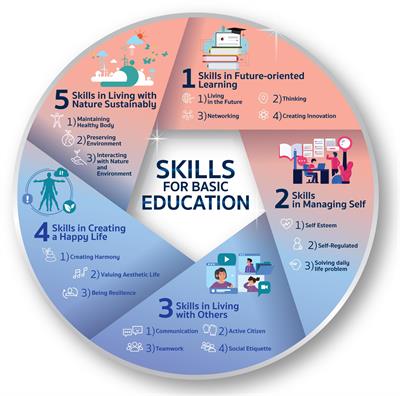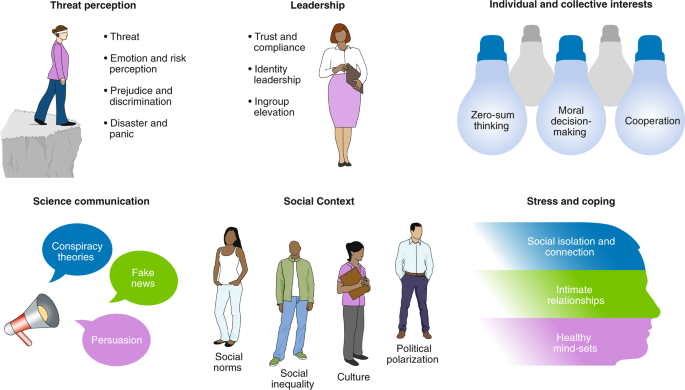What are the Three Main Functions of an Independent Mental Capacity Advocate: Essential Insights.
Welcome to an informative journey understanding Independent Mental Capacity Advocates (IMCAs). They guide people who struggle with decision-making. Today, we explore three main functions of IMCAs.

Credit: www.frontiersin.org
What is an IMCA?
An IMCA is a specialist advocate assigned by law when a person lacks the mental capacity to make certain decisions and has no one else to support them. This service is free. It helps safeguard the rights of those unable to decide.
The Main Functions Of An Imca
IMCAs perform essential functions. Their work focuses on supporting people during complex times. There are three main functions of an IMCA:
- Representing the person in decisions about serious medical treatment
- Helping with decisions about long-term living arrangements
- Supporting in safeguarding and care reviews
1. Representing in Decisions About Serious Medical Treatment
When a person can’t make decisions about medical care, an IMCA steps in. They provide a voice for the person. They gather views on behalf of the patient. The IMCA helps ensure their rights are respected by the medical team.
Roles In Medical Treatment Decisions
The IMCA gathers all relevant info. They talk to healthcare professionals. They consider options. Then, they present the person’s views and interests.
| IMCA Role | Details |
|---|---|
| Information Gathering | They collect all the medical facts. They understand treatment risks and benefits. |
| Communication | They talk with the medical team. They always keep the person’s interests in mind. |
| Advocacy | IMCAs can question treatment plans. They ensure decisions are fair for the person. |
2. Helping With Decisions on Long-term Living Arrangements
Sometimes, where a person will live must be decided. If they can’t decide for themselves, an IMCA is there. They talk to the person. They learn what the person likes. Then, they help find the best place for them to live.
Roles In Living Arrangement Decisions
The IMCA also talks to care teams. They look at different living places. They help choose the best one. Here are some duties:
- Understanding Preferences: They listen to what the person likes
- Evaluating Options: They check different homes or care places.
- Report Making: They write reports. These help decide the best place to live.

Credit: www.nature.com
3. Supporting in Safeguarding and Care Reviews
If there are concerns about safety, an IMCA helps. They stand by the person’s side. They make sure the person’s rights are not forgotten. During care reviews, they keep the person involved.
Roles In Safeguarding And Care Reviews
An IMCA is a friend during tough times. They help in many ways. Here are some roles:
- They review care plans.
- They make sure the plans are working well.
- If the plan is not good, they talk about it.
- They protect the person from harm.
Frequently Asked Questions Of What Are The Three Main Functions Of An Independent Mental Capacity Advocate: Essential Insights.
What Is An Independent Mental Capacity Advocate?
An Independent Mental Capacity Advocate (IMCA) is a specialist who supports individuals lacking capacity to make certain decisions, ensuring their rights and representing their interests in specific situations.
When Is An Imca Required?
An IMCA is required when a person lacks mental capacity and a significant decision needs to be made regarding medical treatment or changes in living arrangements and there is no family or friend available to represent them.
How Do Imcas Support Decision-making?
IMCAs support decision-making by collecting and presenting information about the person’s wishes, feelings, beliefs, and values, to inform best interest determinations when they cannot make their own decisions.
What Powers Do Imcas Have?
IMCAs have the power to access the person’s medical and social care records, speak to professionals involved, and challenge decisions made about the individual’s care or treatment if necessary.
Conclusion
IMCAs play a big role. They help people who can’t make decisions themselves. They are advocates. They are fighters for rights. With an IMCA, every person has a voice.
It is important to know about IMCAs. They help in serious health choices. They decide on living places. They keep people safe. If you know someone who needs an IMCA, there is support.